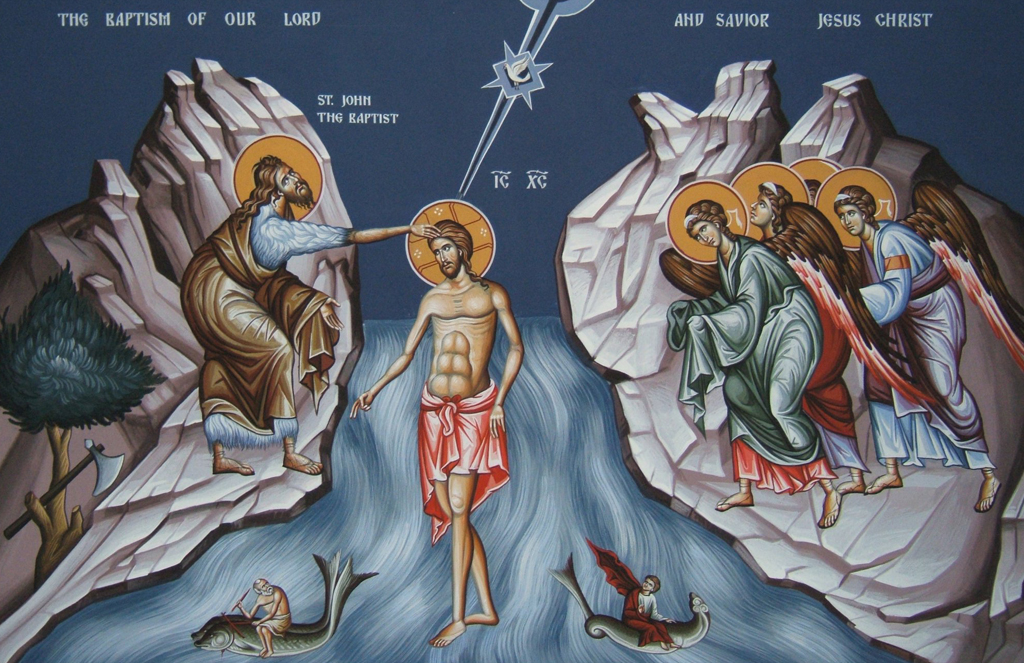Featured Image: Devanath at Pixabay
– Rev José Mario O Mandía
We have seen that language allows us not only to express our feelings (just as animals do), but also to communicate our thoughts to others. This ability to communicate makes it possible for us to associate with others, share ideas with them and work together towards common goals. Humans are social by nature. This is why Aristotle says that the one who does not live in society is either a beast or a god (cf Politics I, 2).
Forming a society requires the capacity to know and the capacity to will. Only rational creatures are capable of such actions. Only rational creatures can share the knowledge and vision of a common purpose and voluntarily work together towards its attainment.
How about animals? Non-rational animals also instinctively group together. Nonetheless, their instinct of coming together is simply to preserve the species, that is, it serves for mutual protection, for nourishment, for reproduction. In animal groupings, the individuals of a group are only means that serve the ends of the species. Animals do not come up with ideas for projects that can improve individual lives. On the other hand, human beings are not things to be used because each person has a dignity that deserves respect (Bite-Size Philosophy 54).
Man is body and soul. It is not only his body that needs the support of society, his soul needs it as well. While non-rational animals need the group for survival, human beings need society for education and growth. A person’s interaction with other people helps him develop socio-cultural traits that form his personality.
Moreover, man needs society not only to receive from others and to be served by them, but also to give himself and to serve. Human fulfillment implies developing the capacity to go out of oneself, to reach out, to love. That is only possible in a society.
There are those, however, who think that man’s social life does not arise naturally, but is established through a “social contract.”
Thomas Hobbes (1588-1679) believed that primitive man was just like other animals. Homo homini lupus — man is a wolf to other men. But the instinct to survive drives him to make a pact with other men and they hand over their freedom to a ruler who enforces order through terror.
Another thinker who taught the need for the social contract is Jean Jacques Rousseau (1712-1778). Unlike Hobbes, he said that primitive man is naturally good, he is a “noble savage.” Society, however, corrupts man. The social contract consists in surrendering one’s liberty to the collective will of the community (the “general will”).
In both cases, it is the state (not man’s nature) that endows man his rights and sets down his duties. Since the social contract demands that each man give up his rights to the state, the state becomes totalitarian. Only the state can define the rights and duties of all, and only by following the state can one do the right thing. Thus, the saying, “Might is right.” Under the totalitarian state, there is no unjust law and natural law is completely ignored. The state can change its citizens’ rights and duties anytime so that what was a crime yesterday (e.g., shortening the life of a sick person, terminating the life of a defective unborn baby) can become a duty today.
Hence we can see that a correct understanding of the human person and his nature is important for building a just and caring society.


 Follow
Follow


